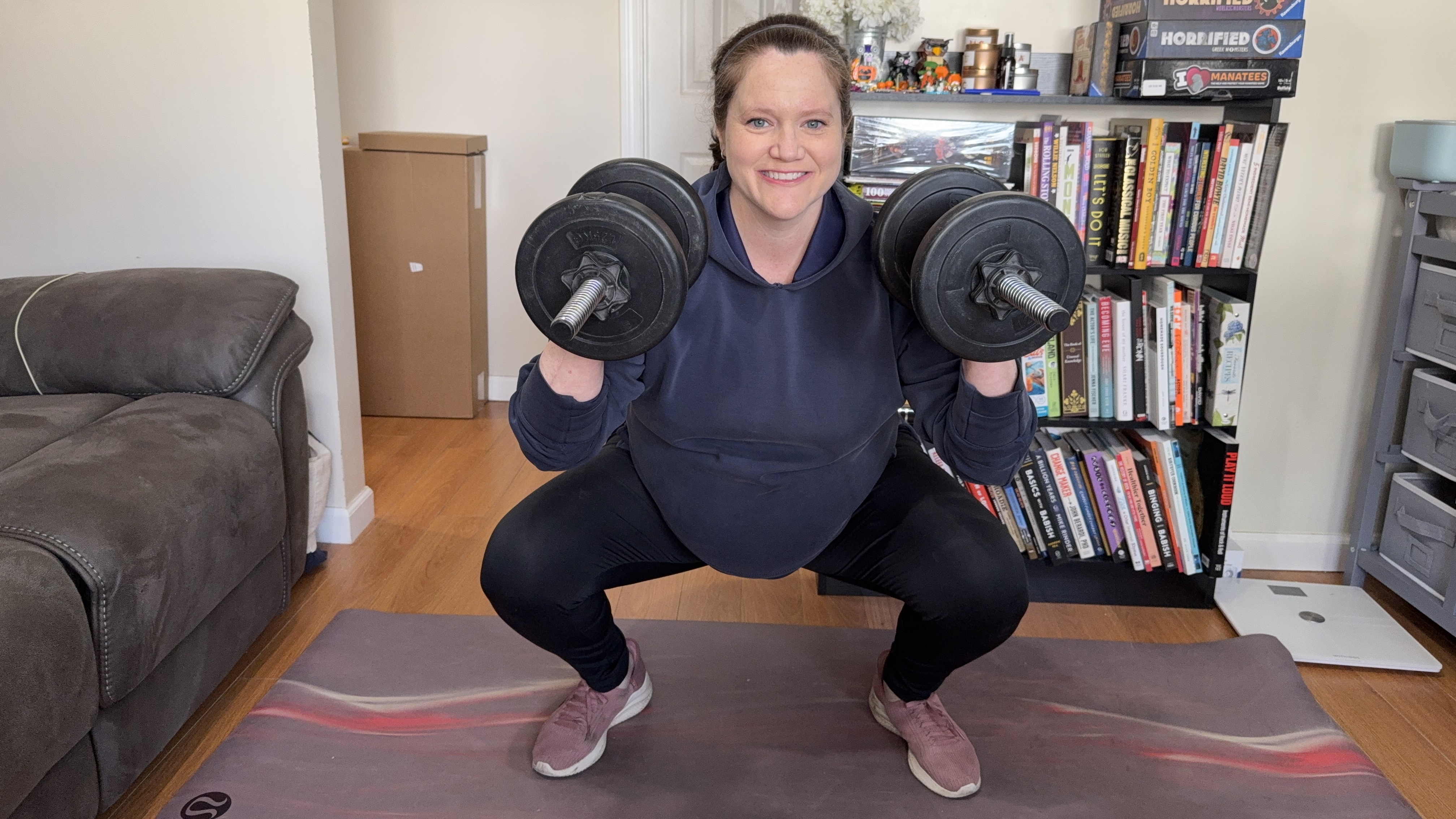Is sitting down too much extremely harmful to our health?
Do you sit too much? We look at the damage done by a sedentary lifestyle


Now many of us have switched to remote working, and others are stuck indoors as a result of the global health crisis, we're all sitting down more than ever. With gyms closed and fewer people leaving their homes for their commutes, a sedentary lifestyle has become a global problem. There's a lot of health issues directly related to sitting down too much (even if you've invested in the best office chair money can buy) - including all the staring at screens that comes with it.
For starters, a study from the University of Queensland found sitting for prolonged periods can compromise metabolic health, increasing our blood sugar levels and making blood clots more likely to occur.
The study reports that in the US, levels of participation in moderate-to-vigorous physical activity among adults are "extremely low", and these adults spend more than 60% of their waking hours sedentary.
All of the above effects will inevitably slow your metabolism. If you're not offsetting this time spent sedentary with moderate-to-high levels of exercise, it's likely to lead to rapid weight gain. This is the effect of "metabolic syndrome", which are a group of markers – rising blood pressure, high blood sugar levels, increasing abdominal fat – which signify the potential for early-onset, type-2 diabetes.
Current guidelines suggest taking a break from sitting every 30 minutes, walking when possible, or trying specialist standing desks if you can afford to do so. The UK's NHS also advises "to reduce our risk of ill health from inactivity, we are advised to exercise regularly, at least 150 minutes a week, and reduce sitting time".
Although the gyms are closed, this exercise could take the form of walking to lose weight. This is one of the simplest, most accessible forms of exercise and has the added benefit of getting you outside, taking your eyes away from the screen of your computer or television.

Blue light from electronics suppress our body's natural production of melatonin, the sleep hormone. In addition, all those notifications, emails and levels up on our favourite video games encourages an unnatural production of dopamine, our brain's addictive reward chemical. This is what keeps our eyes glued to our screens, increasing our time spent sedentary.
Get the Fit&Well Newsletter
Start your week with achievable workout ideas, health tips and wellbeing advice in your inbox.
Liked this?
Matt Evans is an experienced health and fitness journalist and is currently Fitness and Wellbeing Editor at TechRadar, covering all things exercise and nutrition on Fit&Well's tech-focused sister site. Matt originally discovered exercise through martial arts: he holds a black belt in Karate and remains a keen runner, gym-goer, and infrequent yogi. His top fitness tip? Stretch.
-
 “Working out doesn't have to be boring”—why I love this trainer’s Cha Cha Slide fitness challenge
“Working out doesn't have to be boring”—why I love this trainer’s Cha Cha Slide fitness challengeBuild core strength and get strong shoulders with this dance-themed challenge
By Maddy Biddulph
-
 A personal trainer says this is the HIIT workout to do if you’re over 40—here’s what I think
A personal trainer says this is the HIIT workout to do if you’re over 40—here’s what I thinkThis no-impact workout delivers lots of high-intensity cardio without major stress on your joints
By Jennifer Rizzuto